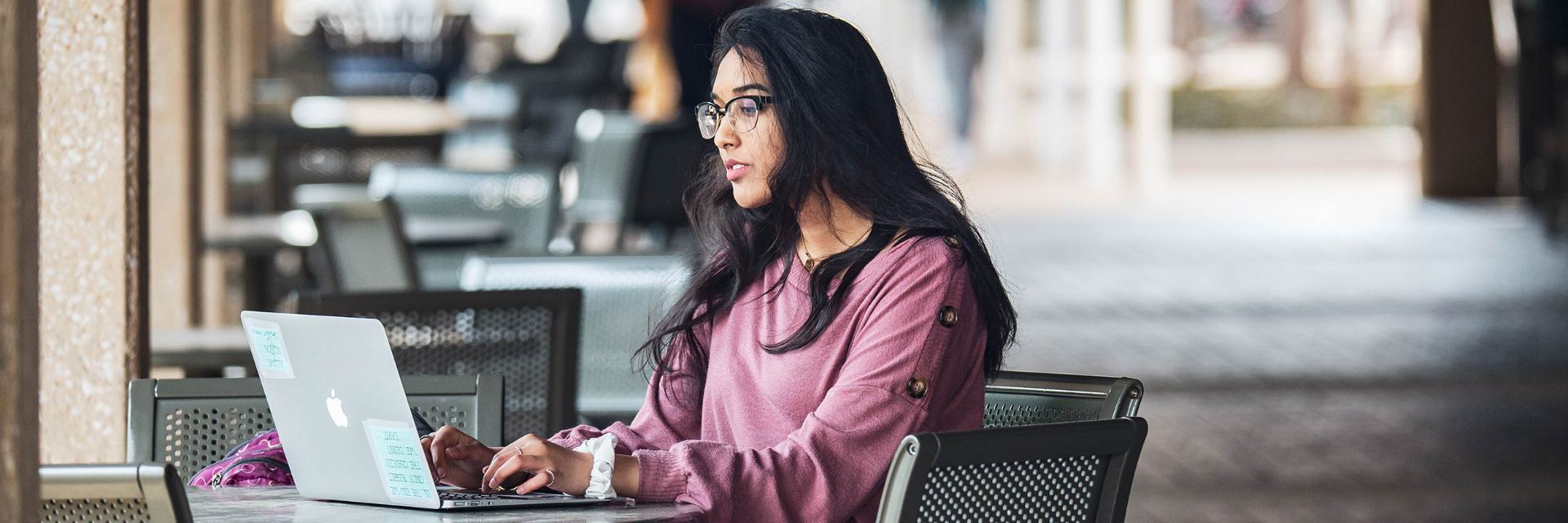Nate Howe & Chris Giles
March 4, 2021

Students are increasingly dependent upon portable computing devices to support their education goals. As more students experience online classes, bedrooms and patios are becoming the new classrooms. Families have rapidly added computing equipment and capacity to their homes, and these changes bring about new challenges in information security. Cybercriminals have taken note and are adjusting their tactics to exploit and profit from college students.
Cybercrime is not only an attack on technology – it is also an attack on people, processes, and facilities. Students are supported by several teams at UT Dallas who are available to answer questions and deliver services that enable student success. The list of security measures offered below will help students protect their technology so they can focus on education, rather than disruptions from a security incident.
You are now a member of the UT Dallas community and responsible for using its resources in an ethical and legal manner. The guidelines above are a great way to protect data and have a great experience with portable computing devices during your UT Dallas education experience. All users agree to certain policies as well, including UTDBP3096. Be sure to read this policy and avoid doing anything illegal – like downloading pirated videos, cracking software licenses, or violating license agreements for software. Students are also not allowed to attack or probe UT Dallas networks without explicit approval from the Information Security Office. Take responsibility for your device and be careful when sharing it because you may be held responsible for all activities appearing to originate from your device or user account.
We hope our fellow Comets can benefit from these guidelines both on campus and when studying remotely. If you have any questions or feedback, contact us at infosecurity@utdallas.ed.